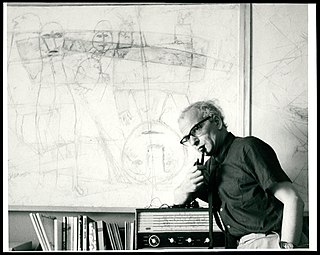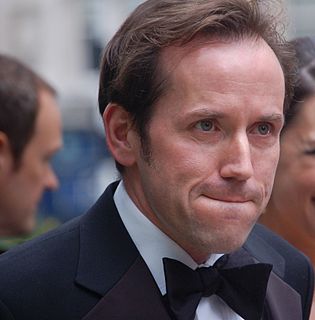A Quote by James Clerk Maxwell
An Experiment, like every other event which takes place, is a natural phenomenon; but in a Scientific Experiment the circumstances are so arranged that the relations between a particular set of phenomena may be studied to the best advantage.
Related Quotes
As soon as the circumstances of an experiment are well known, we stop gathering statistics. ... The effect will occur always without exception, because the cause of the phenomena is accurately defined. Only when a phenomenon includes conditions as yet undefined,Only when a phenomenon includes conditions as yet undefined, can we compile statistics. ... we must learn therefore that we compile statistics only when we cannot possibly help it; for in my opinion, statistics can never yield scientific truth.
The principle of science, the definition, almost, is the following: The test of all knowledge is experiment. Experiment is the sole judge of scientific "truth." But what is the source of knowledge? Where do the laws that are to be tested come from? Experiment, itself, helps to produce these laws, in the sense that it gives us hints. But also needed is imagination to create from these hints the great generalizations--to guess at the wonderful, simple, but very strange patterns beneath them all, and then to experiment to check again whether we have made the right guess.
When men have realized that time has upset many fighting faiths, they may come to believe... that the ultimate good desired is better reached by free trade in ideas-- that the best test of truth is the power of the thought to get itself accepted in the competition of the market, and that truth is the only ground upon which their wishes safely can be carried out. That at any rate is the theory of our Constitution. It is an experiment. As all life is an experiment. Every year if not every day we wager our salvation upon some prophecy based upon imperfect knowledge.
The effects of heat are subject to constant laws which cannot be discovered without the aid of mathematical analysis. The object of the theory is to demonstrate these laws; it reduces all physical researches on the propagation of heat, to problems of the integral calculus, whose elements are given by experiment. No subject has more extensive relations with the progress of industry and the natural sciences; for the action of heat is always present, it influences the processes of the arts, and occurs in all the phenomena of the universe.
My own beliefs are that the road to a scientific discovery is seldom direct and that it does not necessarily require great expertise. In fact, I am convinced that often a newcomer to a field has a great advantage because he is ignorant and does not know all the complicated reasons why a particular experiment should not be attempted.
To learn anything other than the stuff you find in books, you need to be able to experiment, to make mistakes, to accept feedback, and to try again. It doesn't matter whether you are learning to ride a bike or starting a new career, the cycle of experiment, feedback, and new experiment is always there.

































